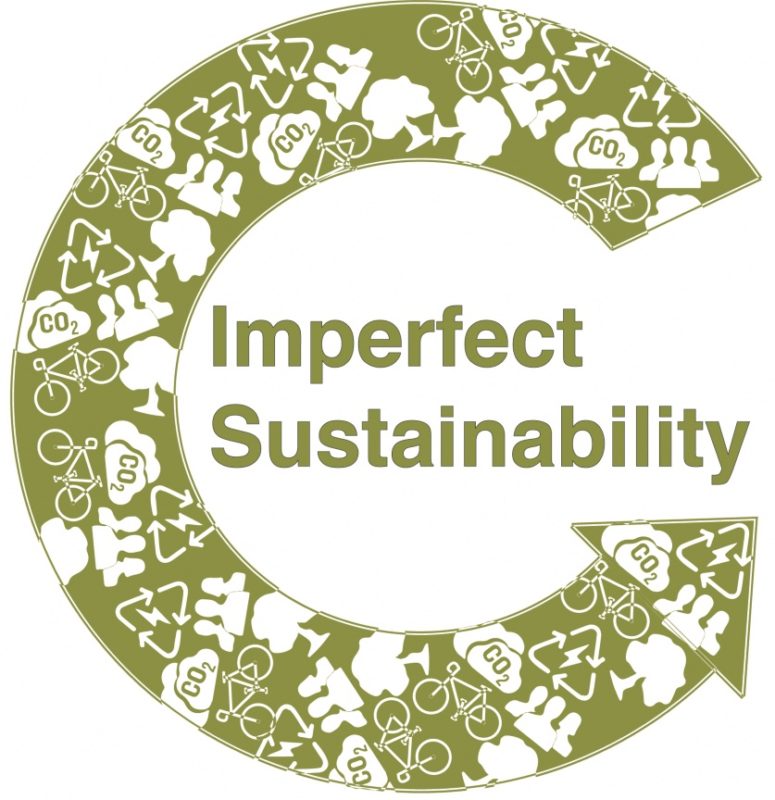I was recently asked by a resident how I would approach decision making and communicating with constituents if I were elected. It’s a really good question. For the resident the question had arisen following a decision by the town council last year to prevent dogs being allowed off the lead in John Coles Park. This angered the regular dog walkers in the park as they felt it was imposed on them without understanding or consultation. The decision was subsequently overturned but the residents felt frustrated at the lack of consultation in the process.
Similar frustration arose with the now removed Wiltshire council cycle Lane on Bristol road, which perhaps surprisingly managed to annoy residents and car drivers, and didn’t receive a huge amount of support from cyclists. It was a decision made at the height of the pandemic where the government had required councils to act quickly. Nonetheless it perhaps could have been done in a more inclusive way.
The most recent Future Chippenham road ‘Consultation’ by Wiltshire County council is perhaps the worst attempt at a consultation ever seen.
Of course some decisions are always going to be devisive or unpopular, and, as we work to solve the Climate emergency we will see many changes to the way our lives evolve and these will sometimes require difficult decisions and change. Electric Scooters is one obvious example on the horizon.
So how could we do things differently? What principles would I apply to decision making?
The Nolan Principles of Public Life
Firstly there are some principles that all councillors should adhere to – The Nolan Principles of Public Life
1 Selflessness
Holders of public office should act solely in terms of the public interest.
2 Integrity
Holders of public office must avoid placing themselves under any obligation to people or organisations that might try inappropriately to influence them in their work. They should not act or take decisions in order to gain financial or other material benefits for themselves, their family, or their friends. They must declare and resolve any interests and relationships.
3 Objectivity
Holders of public office must act and take decisions impartially, fairly and on merit, using the best evidence and without discrimination or bias.
4 Accountability
Holders of public office are accountable to the public for their decisions and actions and must submit themselves to the scrutiny necessary to ensure this.
5 Openness
Holders of public office should act and take decisions in an open and transparent manner. Information should not be withheld from the public unless there are clear and lawful reasons for so doing.
6 Honesty
Holders of public office should be truthful.
7 Leadership
Holders of public office should exhibit these principles in their own behaviour. They should actively promote and robustly support the principles and be willing to challenge poor behaviour wherever it occurs.
Leading on from the Nolan principles it is possible to specify general principles of working that I aspire to if I am elected…
Way of Working
10 Specific Ways to act…
- Avoid identifying myself so personally with a particular position that it excludes constructive debate.
- Be prepared to be swayed by the arguments of others and admitting mistakes.
- Be willing and able to participate in rational debate leading to a conclusion
- Understand the value of constructive debate
- Accept that some you win, some you lose; it’s nothing personal
- Maintain confidentiality where requested
- Share leadership and responsibility and take time to communicate the intention of, and approach to, the work I undertake
- Have confidence in the mechanism and process of decision making
- Sustain an intention to involve each other and others rather than working in isolation
- Trust and have confidence and optimism in other’s expertise, knowledge and intentions. Talk to each other not about each other.
As the cultural anthropologist Margaret Mead is credited with saying
We are continually faced with great opportunities which are brilliantly disguised as unsolvable problems
I would like to add in one I have learnt from experience of running a small business –
Make reversible business decisions.
That is, if you can try something without major cost or effort then do so. Even if it is unsuccessful you may learn something. I do think it was a missed opportunity to dismantle the Bristol road cycle lane without at least talking to interested parties in an open discussion. Exploring what was wrong and what could be done better.
Panels
Panels or People’s Assemblies were pioneered by the Independent Town council of Frome based on a Spanish decision making model similar to Citizens’ Assemblies. The aim being to blur the lines between council and community as an aspiration.
This does not mean that all decisions require a panel – for example buying a new set of curtains for the Neeld hall!
But examples of dogs off the lead in the park, or the pop-up cycle lane on Bristol Road, would perhaps have been less divisive if a more collective participation had been available.
One example where this has already been done in Chippenham is in the forthcoming Neighbourhood plan. I took part myself in the Economic topic group and there were multiple other topic groups from housing to sustainable transport. Most people have yet to see the Neighbourhood plan, and I myself have yet to see the final draft copy. But I believe it will be well received and offer a sustainable vision of how Chippenham should develop.
The panels are short term and disbanded when work is completed. Partnerships are created between council staff and community organisations . The decisions of the panel would be accepted by the council to avoid endless consultation loops. They would be open to members of the public and well advertised. Experts would sit on the panel to contribute , but the main point being the panel would be mostly populated by non-councillors recognising and tapping into the enthusiasm and local knowledge of residents. The panel would have a lead councillor to support the process, who might facilitate the meetings or bring in additional expertise. This was how the Neighbourhood plan panels operated.
In the Frome experience the panels have been a great success. Some going on to become forums and occasionally reconvening to reengage on specific areas of work.
Citizens Assembly
For large decisions such as the Future Chippenham Consultation and Local Plan for Chippenham proposed by Wiltshire council I would argue the existing processes are undemocratic and leading to anger and frustration from the majority of the Community. It seems that multiple development plans are being pushed onto Chippenham. Witness the new road consultation that offers route A,B, or C; but not a No Road option.
Citizens assemblies would be a much fairer means of allowing the community to be involved in the decision making.
However I would also argue that the Future Chippenham plan and Local Plan review aren’t fit for purpose as they take limited account of the Climate Emergency and Chippenham’s Carbon Budget, the huge loss of biodiversity and farmland.
Citizens’ assemblies often adopt a three-step process of learning, deliberation and decision making. This is supported by a team of impartial facilitators who guide participants through the process, ensuring that everyone is heard and comfortable participating.
The participants learn about a topic through a combination of presentations from experts to cover the breadth of opinion on the issue being addressed (participants can also be provided with additional learning materials that introduce them to the topic being discussed before the Assembly starts). There is also time given for experts to answer questions from participants.
The second phase (deliberation) encourages participants to explore their own opinions on what they have heard and develop a wider understanding of the opinions of others. Experts will usually participate in this phase to provide additional information and clarification (but not opinions).
The final phase (decision making) of the Assembly involves participants coming to some conclusions on what they have learnt through the assembly process. It is important that citizens’ assemblies do not manufacture a false sense of consensus; thus, alongside agreed positions, individual voting can be used to collect the views of all participants. This ensures that minority voices are heard as well as the majority.
Citizens’ assemblies are often overseen by an independent Advisory Group. They support the preparations for the citizens’ assembly, including topic selection, process design, and the materials that will be used during the citizens’ assembly meetings. A key responsibility of this group is to ensure that assembly participants are presented with factually accurate, comprehensive, balanced and unbiased information.
Citizens’ assemblies usually tend to be quite high-profile events. The relevant decision makers will often be present at the Assembly allowing citizens to present their findings directly.
Seventh Generation Decision Making
I’ve written a separate post on this here
Conclusions
If I am elected as councillor I will try and implement all of the methods i’ve mentioned above and be prepared to adapt and try others. My success will depend on working with like minded people. But as we face a post-COVID recovery and enter into the most important decade to tackle climate change and biodiversity loss whilst we still have time, I believe there will be an appetite and understanding of the necessity to work differently and I for one will try to lead that change.
I suspect I will be an Imperfect councillor, but I will certainly do my best.
Matthew


